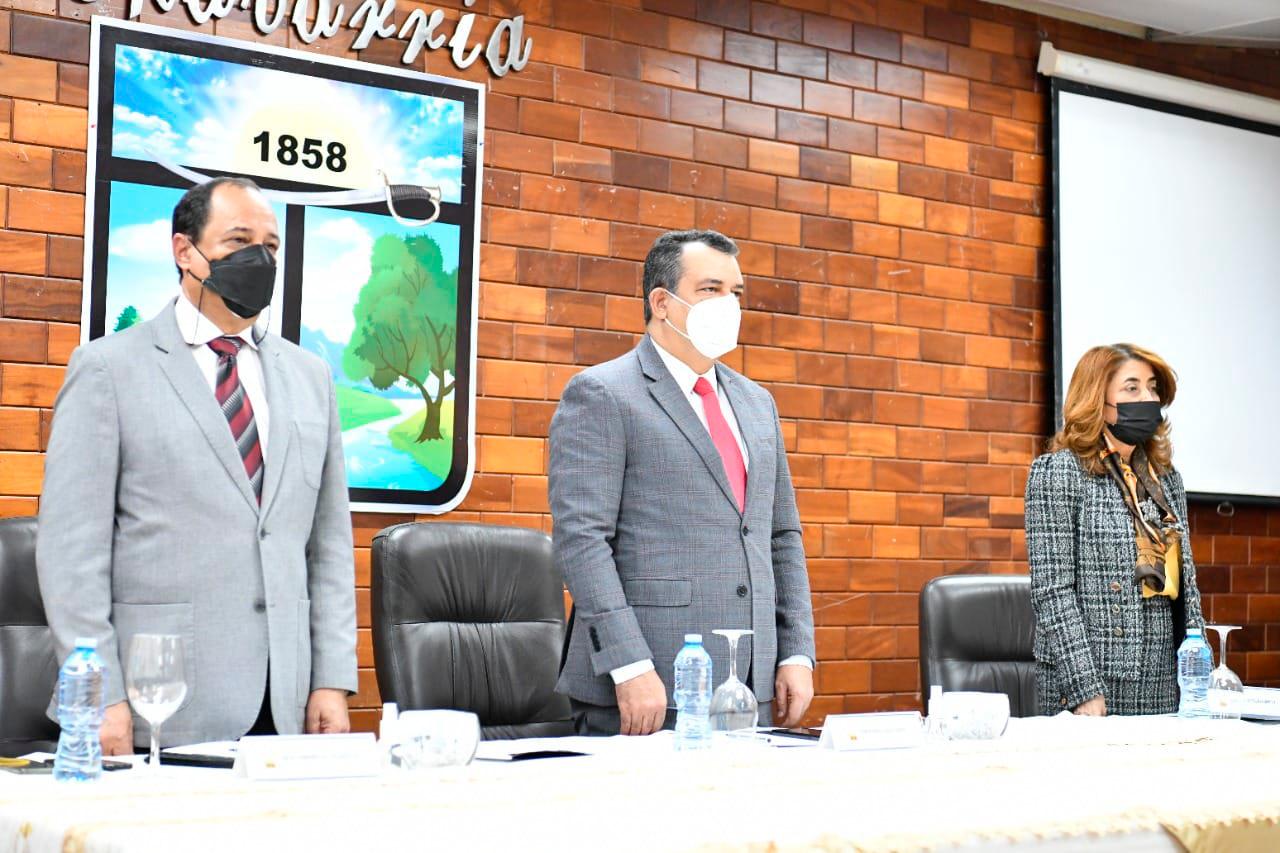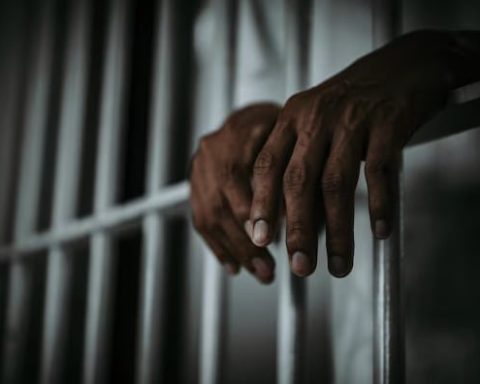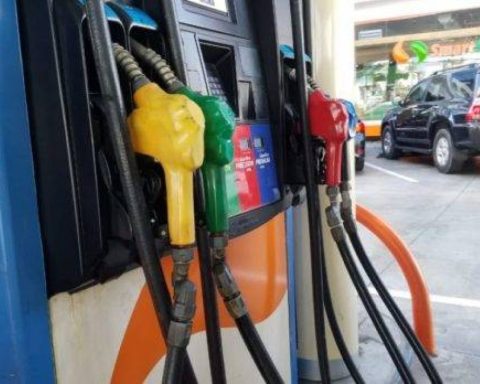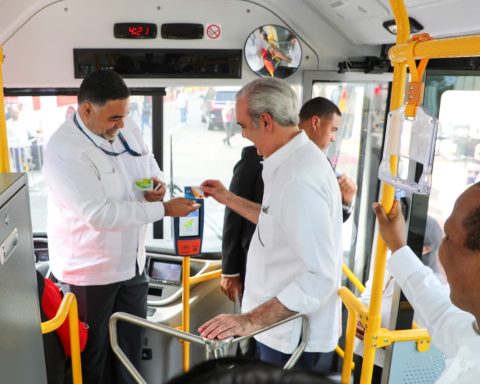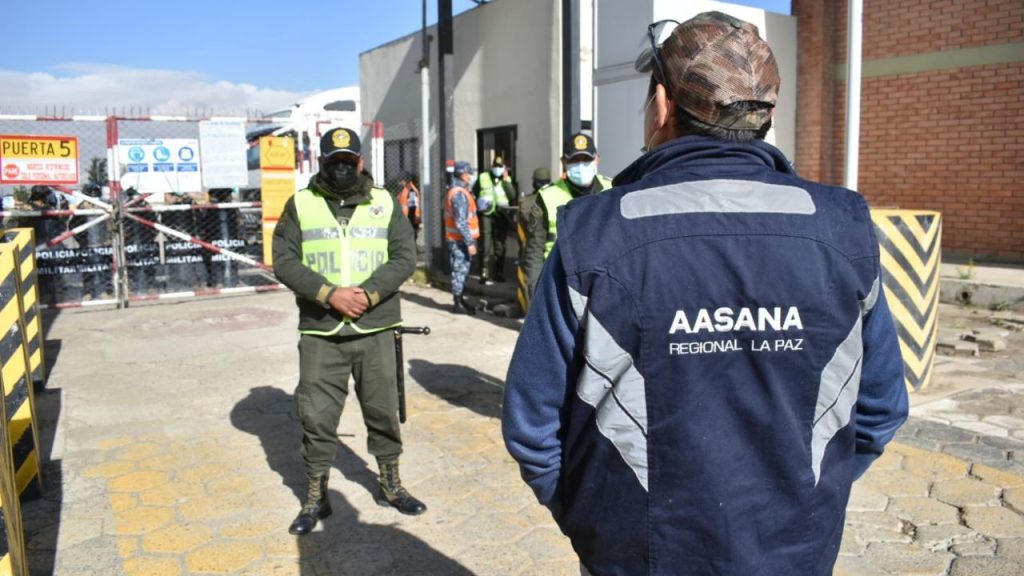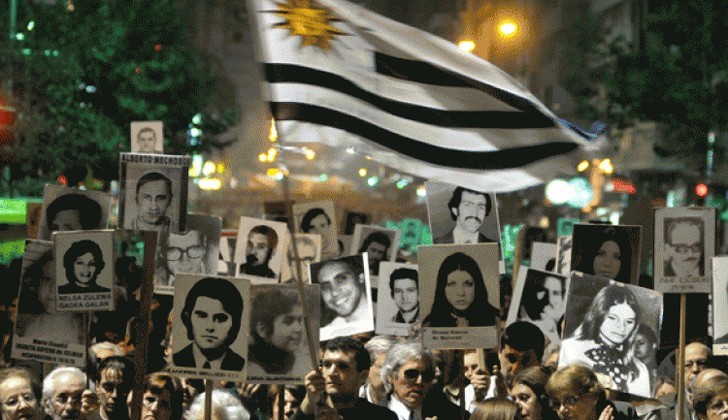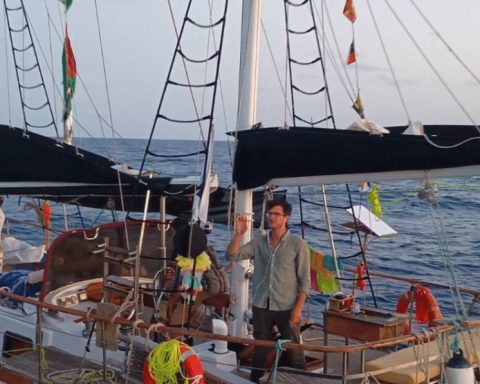The Plenary of the Central Electoral Board (JCE) continued the work of receiving proposals from aspiring members of the country’s Electoral Boards in the municipalities of Dajabón, Montecristi, San Ignacio de Sabaneta and Mao.
This in order to organize in advance the process prior to the next municipal, congressional and presidential elections to be held in 2024.
The event was led by the president of the JCE, Román Jáquez Liranzo, who during his speech reported that, As of November 30, 1,471 people have applied to the processes of presentation of aspirations for the restructuring of the 158 electoral boards of the country.
Of these applicants, 862 are men and 589 women, with only 39 missing to evaluate locally, a press release indicates.
Jáquez said that later, in the first quarter of next year, the process of receiving aspirations will be carried out for the restructuring of the Electoral Logistics Coordination Offices (OCLEE), which is equivalent to the electoral boards abroad.
They will purge the applicants
The official said that they will assess article 44 of the Electoral Regime law, which indicates that those members who have pending issues, in particular cases, with the criminal justice, or who have been convicted of violation of criminal records, will be incapacitated due to criminal records. the electoral law.
“In this sense, the Central Electoral Board is going to materialize a collaboration agreement with the Attorney General’s Office, so that all applicants for the November 30 cut, for example, 1,471 people can have that certification of not criminal record or criminal record, “he said.
In that sense, he asked the Dominican State, when the Plenary JCE, requests the budget for 2023 and 2024 that it values the vocation, dedication, preparation, service focus and probity of the members of the electoral boards.
“Being a member of an electoral board requires patience, tolerance and the human capacity to wake up one, two, three, four, five, six and seven times, perhaps only with a coffee, it is a sacrifice,” said Jáquez Liranzo.
“Because in the end, democracy has a cost that the State at the time of evaluating that dedication, that sacrifice, that approach to service, that preparation, that probity, because if they do not take it into account, it would be not to value that citizen who passes hour giving up for the day of the elections ”, added.
